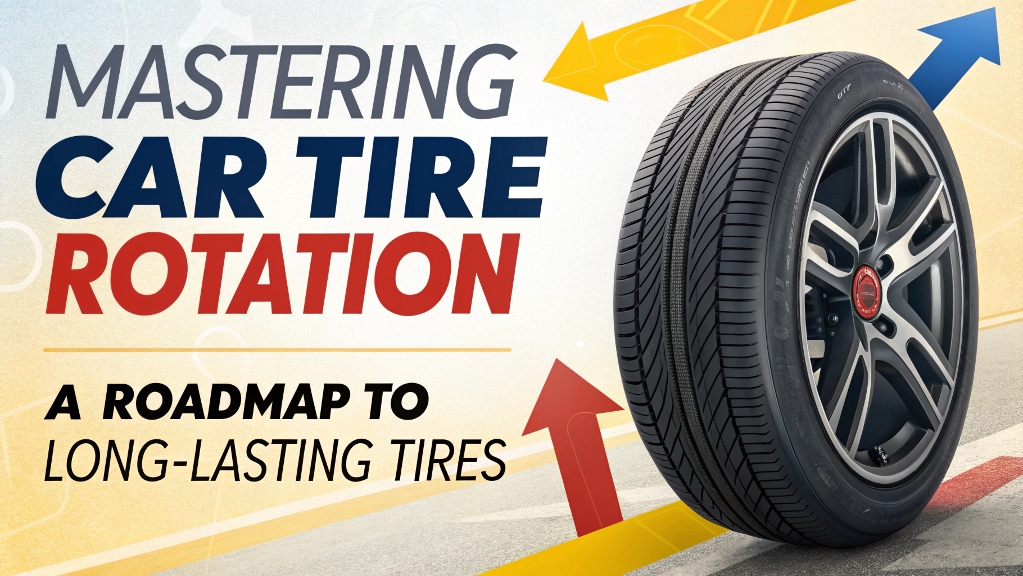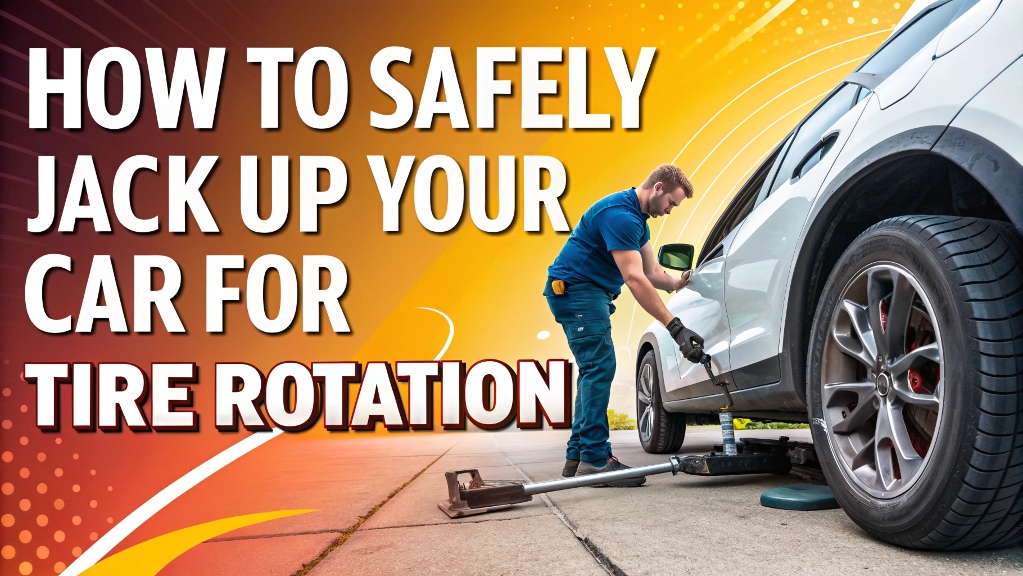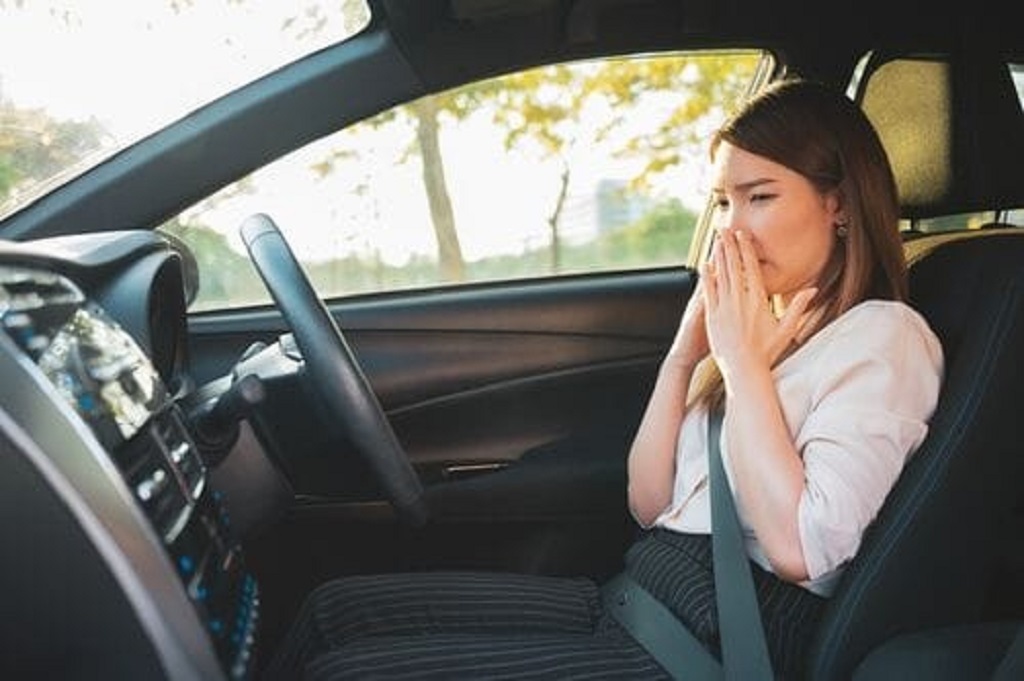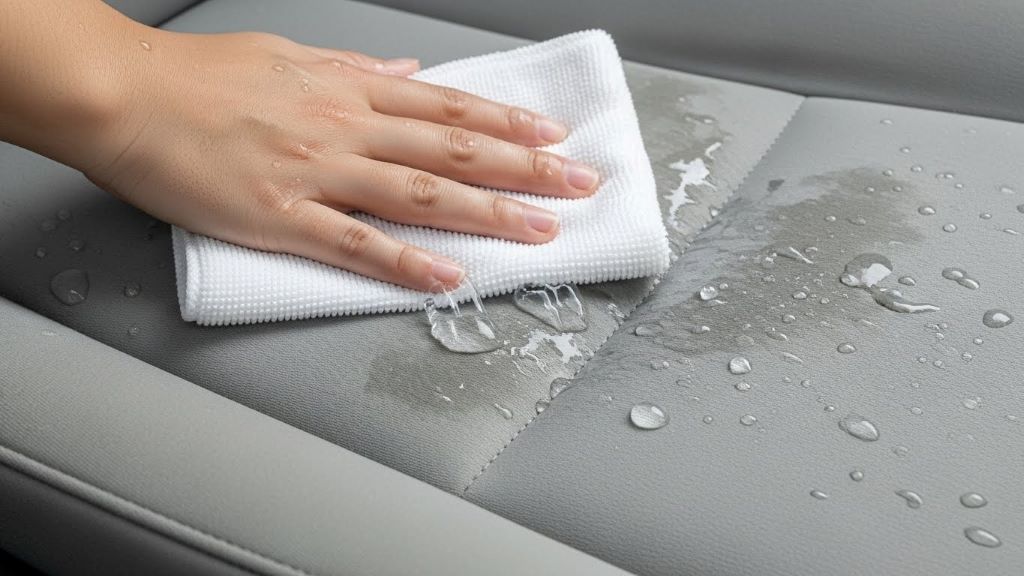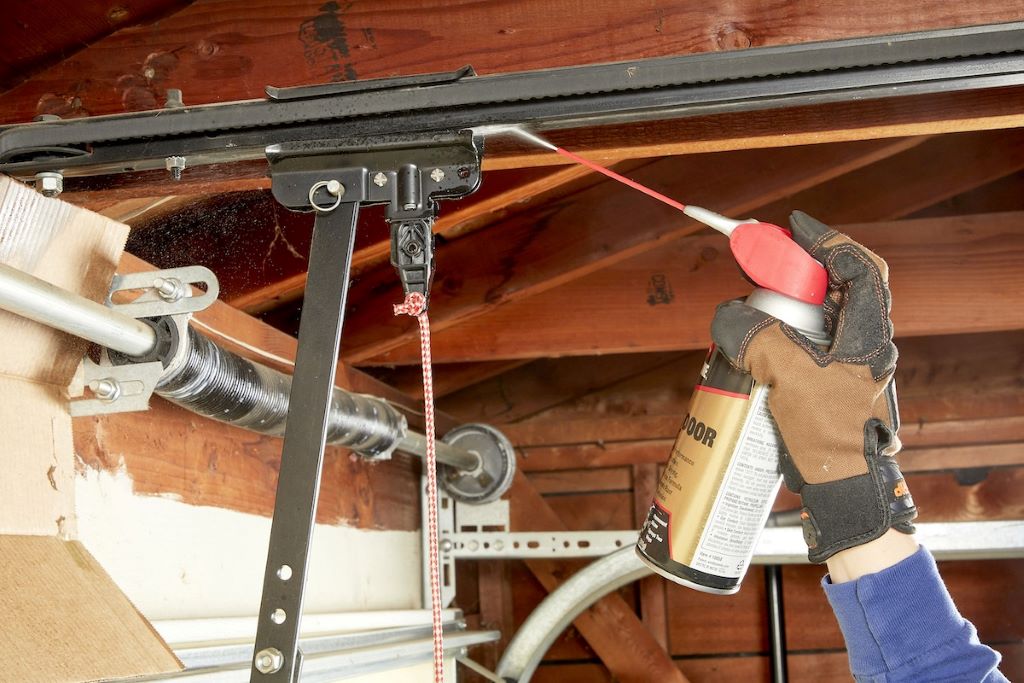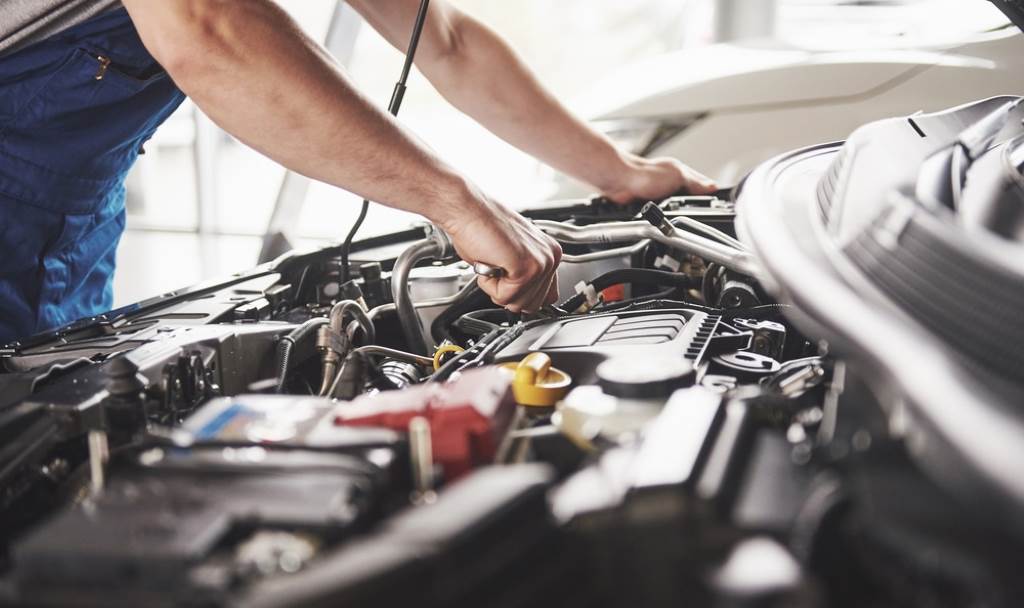Wrapping your car in vinyl is a versatile and popular option for both enhancing its appearance and safeguarding the original paint job. However, it’s important to understand the costs involved before you decide to go for it. Vinyl wrapping is a process of applying a thin film of vinyl to the surface of your car. It can be done for a variety of reasons, such as to change the color of your car, add graphics or designs, or protect the original paint job.
Depending on the type of vinyl wrap you choose, the process can cost anywhere from a few hundred dollars to a few thousand dollars. The cost may vary depending on the size of your car, the complexity of the design, the quality of the vinyl used, and the expertise of the installer.
Before you decide to wrap your car, it’s important to do some research, compare prices, and find a reputable installer who can provide you with a detailed quote based on your specific needs and preferences. In this comprehensive guide, we’ll break down how much does it cost to wrap a car.
What is a Car Wrap?
A car wrap refers to a thin vinyl film that is installed onto the exterior of a vehicle. The vinyl comes in a variety of colors and finishes, allowing you to customize the look of your car. When professionally installed, the vinyl film hugs the body lines and contours of the vehicle for a seamless appearance.
Unlike paint, a car wrap is not permanent. The vinyl film can be removed later without damaging the original paint. Wraps typically last 5 to 8 years when cared for properly. This makes them a cost-effective way to change up the style of your car as often as you want.
Why Wrap a Car?
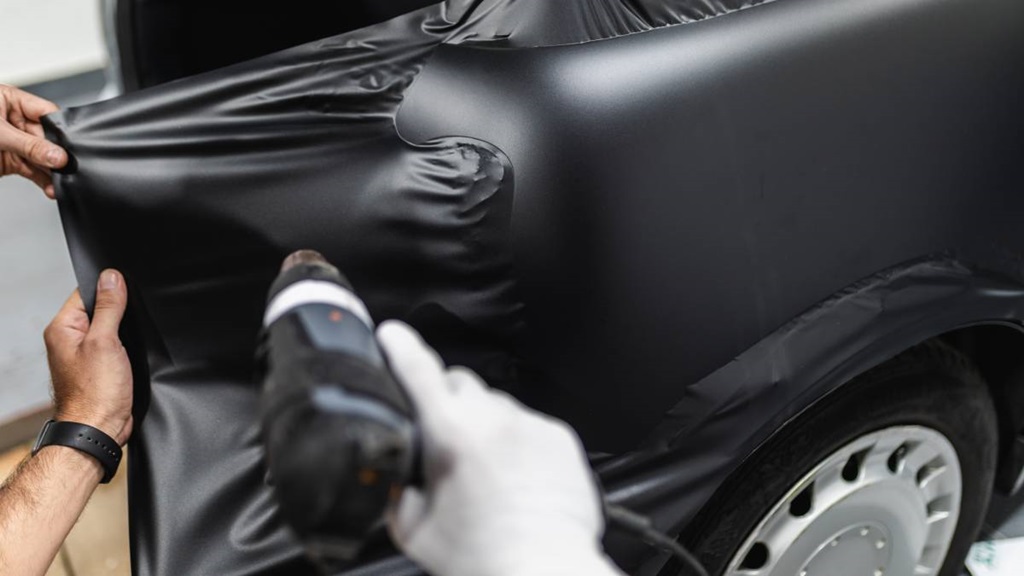
There are a few key reasons drivers choose to wrap their cars:
- Customization: Wraps allow you to customize the color and finish of your car well beyond what automakers offer. Matte, satin, gloss, chrome, and more—the options are endless with vinyl wraps.
- Paint protection: Vinyl wraps add an extra layer of protection to shield the original paint from scratches, chips and UV rays. This helps maintain the car’s value.
- Advertising: Vehicle wraps are a popular advertising medium for businesses to promote brands and products on a moving billboard.
- Resale value: Vibrant wraps in good condition can potentially help boost resale value. The wrap preserves the original paint and provides visual appeal to buyers.
So in short, wraps offer stylish customization, protection for the paint, targeted advertising, and potential added value at resale. The key question is, how much do these benefits cost?
Average Cost to Wrap a Car
The cost to wrap a car can vary quite a bit based on the size of the vehicle, the complexity of the design, and who wraps it. On average though, you can expect to pay somewhere between $2,000 and $5,000 to wrap an average-sized car or SUV. Here’s a look at typical price ranges:
- Small car (e.g. Honda Civic): $2,000 – $3,000
- Midsize sedan (e.g. Toyota Camry): $2,500 – $4,500
- SUV (e.g. Ford Explorer): $3,500 – $5,000
- Large truck (e.g. Ford F-150): $4,500 – $6,000
Keep in mind that the sky’s the limit for exotic car wraps with complex designs or chrome finishes. For example, a full vehicle wrap for a sports car like a Porsche 911 can cost $4,500 to $8,000+ for the vinyl kit and professional installation.
Also, note that wrap prices are usually quoted for complete wraps from the hood to the back fender. Partial wraps of just specific portions of the car will carry lower price tags. We’ll break down all the cost factors next.
What Impacts the Cost of a Wrap?
When considering a new vinyl wrap for your car, a number of important factors will determine the final installation price:
Vehicle Size and Surface Area
The physical size and surface area of your vehicle play a major role in the cost. Larger vehicles like trucks and vans require more vinyl material and labor time to install a complete wrap. Small economy cars have the lowest wrap costs, while heavy-duty pickups have the highest costs.
In order to wrap prices accurately, installers measure the total square footage of the surfaces to be wrapped. More surface area equals more material and time required.
Wrap Coverage and Design
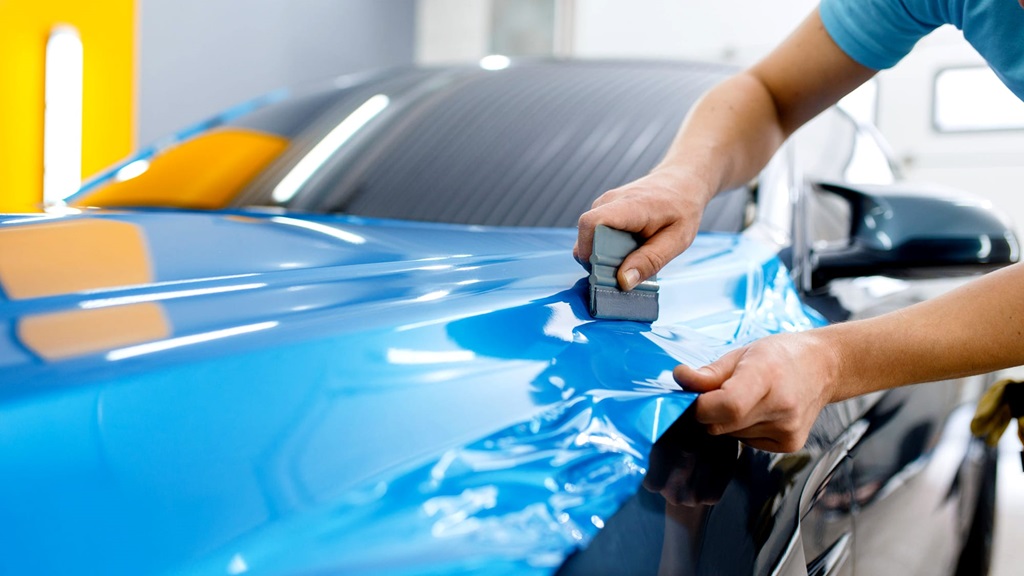
Are you looking to wrap just a single section of the car like the hood and trunk? Or do you want to cover the entire vehicle from bumper to bumper? Full car wraps require more materials and time to install, while partial wraps cost less.
Additionally, the complexity of the graphics and designs affects the installation time and effort. Solid color wraps are the easiest to install. Custom wraps with complex shapes, curves, and special finishes take longer to get right. You will pay more for intricate wrap designs versus simple ones.
Vinyl Materials
The specific vinyl films used impact the raw material costs of the wrap job. Higher-quality cast vinyl films last longer and have technology to make installation easier. These cost more than lower-grade calendered vinyl films. Specialty vinyls like chrome, carbon fiber, and other finishes also increase costs.
Matte and satin wraps typically cost a little more than gloss wraps. Metallic and pearl finishes are usually the most expensive vinyl films.
Location and Installer
Like many services, wrap installation costs vary by geographic location. Rates will be higher in major metro areas versus small towns. The experience level of the installer also impacts pricing. Wrap shops with the most advanced equipment and highly skilled technicians will charge more compared to independent installers.
Research shops’ pricing and check reviews to find the best value installers in your local area. Ask to see examples of their work on previous vehicles as well.
Additional Potential Costs
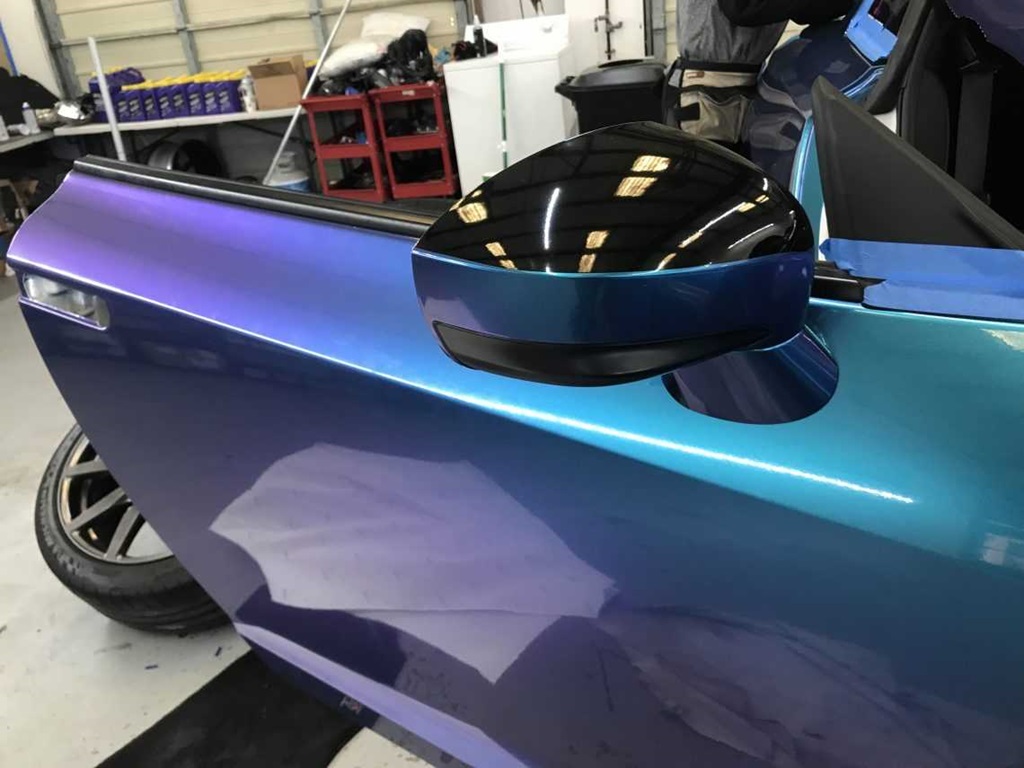
Beyond the wrap installation itself, there are a few other costs to keep in mind:
- Removal of existing wraps, decals, or paint: If the car has previous wraps or decals that need to be taken off prior to the new install, this takes additional time and labor. Any special paintwork to fix adhesive residue or imperfections also adds cost.
- Paint protection film: Some shops recommend adding clear paint protection film on exposed areas like door edges and the front bumper before wrapping. This adds to the total but protects from wear over time.
- Maintenance: Proper maintenance is required to keep your wrap looking its best. Pressure washing and professional cleaning should be budgeted for. Vinyl conditioner products will also need to be applied periodically.
- Removal: When it eventually comes time to take off the wrap, removal costs around a few hundred dollars for labor and adhesive cleaners.
Is Car Wrapping Worth the Investment?
At an average cost of $2,000 to $5,000 or more, a vehicle wrap is not exactly a cheap makeover. The key question becomes, is the price tag worth the benefits?
For many car enthusiasts and businesses, wraps are an investment well worth the premium price. A new wrap can completely transform the look of a car for thousands less than a quality paint job. Wraps also protect the original paint and allow customization not offered by the factory.
But wraps do require proper maintenance to keep them looking pristine. And cheaper vinyls may only last a year or two before needing replacement. For maximum return on investment, opt for high-quality cast vinyl films installed by a reputable shop.
If keeping costs down is priority one, consider doing a partial fender and hood wrap versus a full body wrap. This achieves the main look change at a fraction of the price.
Either way, you choose, do your research to find the best local wrap shop for the job. And make sure to get a written quote for the total project costs beforehand. Driving around with a bold new wrap design makes the entire investment worthwhile.
5 Key Questions to Ask Before Wrapping Your Car
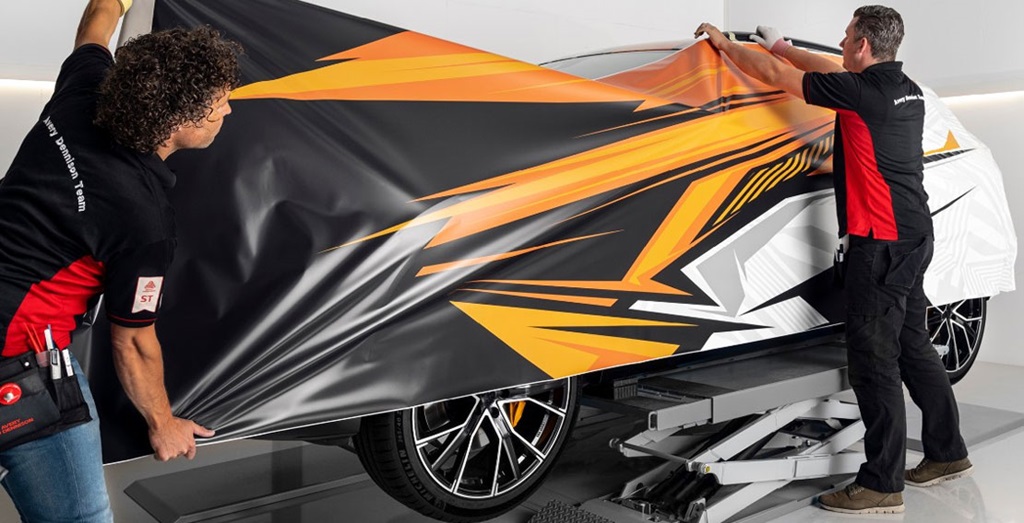
Wrapping your vehicle can achieve the custom look you want if done properly. To ensure you get quality results at a fair price, ask shops these key questions first:
- Do you provide a written quote for the total costs? Get a detailed quote accounting for all material, design, and installation costs. Verify it covers the entire job.
- What vinyl films and brands do you use? Higher quality cast vinyls like 3M are best. Make sure compatible vinyls are used on different sections of the vehicle.
- How long have you been in business and how much wrapping experience do your installers have? An experienced shop is important for getting clean, flawless results.
- Can I see examples of previous wraps you’ve done? Evaluate the quality and complexity of their previous work. Ask for customer referrals as well.
- What maintenance and care does your wrap require? Understand the proper washing methods and products to keep your wrap looking its best.
Wrapping Cars: The Bottom Line
- Full car wraps cost between roughly $2,000 and $5,000 on average depending on the vehicle size, complexity of design, materials used, and the location/installer.
- Key cost factors include the amount of surface area being wrapped, the vinyl films chosen, the intricacy of the graphics, and who performs the installation.
- Wraps can transform the look of a car and protect the paint underneath when high-quality materials are used. Proper maintenance is required to maximize the wrap’s longevity and visual appeal.
- For maximum return on investment, research experienced local wrap shops and only use reputable quality vinyl films.
With the right considerations and expectations going in, a vinyl wrap can provide a stylish new look for your prized car at a fraction of the cost of a full repaint. Turn heads in the parking lot and on the highway after your car’s makeover!
Wrapping Up on Car Wraps
Hopefully, this gives you a better understanding of what’s involved with wrapping your vehicle. While not cheap, wraps offer endless creative possibilities at a fraction of a full respray cost. Do your research to find a knowledgeable shop, and invest in quality vinyl films for a wrap that will turn heads for years to come. Your custom-wrapped ride will be an envy-inducing sight on the roads.
Frequently Asked Questions
How long does a car wrap last?
With proper care and maintenance, you can expect a quality vinyl car wrap to last anywhere from 5 to 8 years typically. Lower-grade vinyls may start showing signs of wear after 2 years. Properly caring for the wrap will maximize its lifespan.
Can you return a car to its original color after wrapping?
Yes, wraps can be safely removed to reveal the original factory paint underneath. However, the paint may appear slightly lighter or duller if the wrap is kept on for many years without access to sunlight. A detail will restore the original vibrancy.
Does car wrapping damage the original paint?
A proper vinyl wrap will not damage the original paint when installed and removed correctly. However, any paint imperfections or scratches should be addressed beforehand, as the wrap will showcase flaws in the surface underneath.
Can wrapped cars be washed normally?
Hand washing is best for wrapped cars. Pressure washing should be done lightly at a wide angle to avoid forcing water behind the edges of the vinyl. Avoid abrasive scrub brushes and products with harsh chemicals too.
How much does it cost to wrap a hood?
Having just your hood wrapped will cost around $200 to $800 on its own. Partial wraps of 1-3 sections are the most affordable. But consider that a full wrap may only be a few hundred dollars more for a completely new look.


